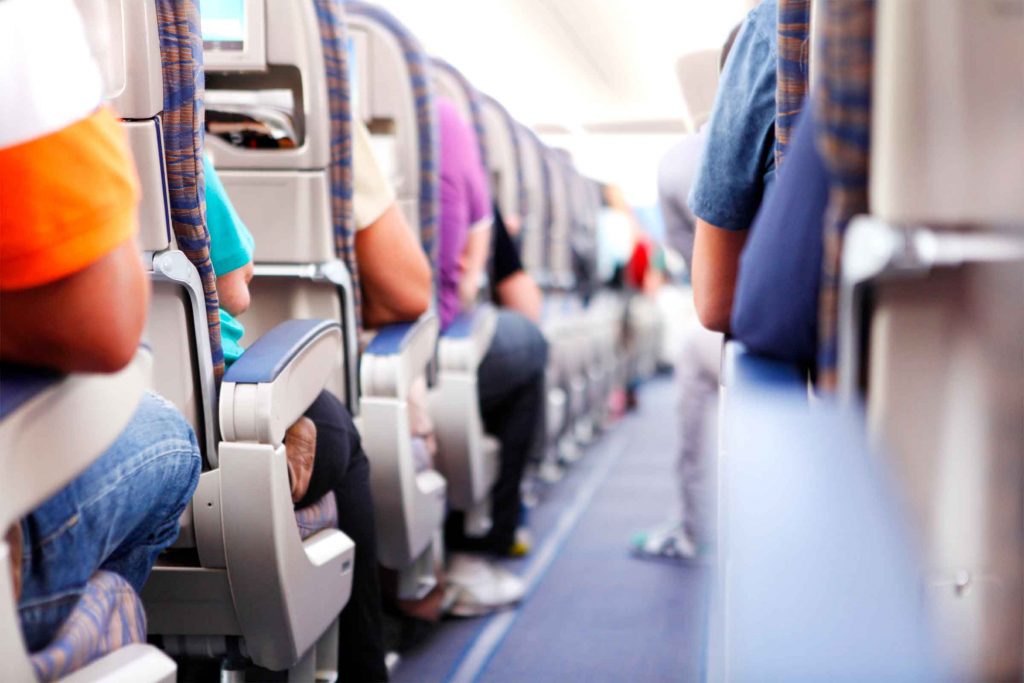Go Green And Make Your Hotel Eco-Friendly

Reasons Why You Should Go On A Cruise
Feb 17, 2017
Amen in HD 23-The Divine Supremacy Edition
Feb 22, 2017Eco-friendly is a term that can be loosely translated to when human being engage in activities that do not harm the environment.
With recent studies showing that the climate change process has already begun, it is important that we look for ways to conserve our environment and not accelerate global warming. Going green does not literally mean painting your hotel green, planting flowers, and using paper plates but it means that we take several measures that help reduce the harm we bring to our environment. Here are a few steps that a hotel can take to ensure they have an eco-friendly location.
Involve All The Staff
Before you kickstart any campaign or make new changes, it is very important to involve all the staff members in the initiative. Get their ideas and feedback on some of the ones you want to put into action which will make it easy when the time comes to implement all the eco-friendly steps you have.
Small Steps
You can only do a complete overhaul when it is easy for you and the clients or when the hotel is not in its busy season. Therefore, before you jump head first into the green project, it is highly advisable to take small steps. Start with the smallest of things, such as putting recycling bins in every room and office station, electricity management among many other.
Maintain The Environment
Yes, going green involves planting as many trees, grass, flowers and well manicured brushes around your hotel but it also means maintaining what the hotel found in place. If your hotel is next to the lake, swamp or forest, grow a dependant relationship with the area by not draining the swamps, cutting down tons of trees for expansion or dumping waste in the lake.
Structural Planning
When adding more structures to your hotel opt for materials that will not damage the environment, an example would be how most hotels that are built in forests always create cabins out of some of the wood and in the fact that the structure has to be removed, dismantling it will not be as damaging to the surroundings compared to heavy steel and concrete.
Save Energy
This is highly advisable especially when it comes to electricity use in hotels; you can get power saving bulbs for lighting, gas as an alternative kitchen cooking sauce, use solar heating systems for the pool and educate staff on room maintenance especially when there are no guests. This means that they should turn off lights as well as air conditioning in empty rooms during the hotel’s low season to save energy and of course the amount of money spent on the electricity bills.
Water Use
As important as water is, we never realise how much till the drought which is bad for business. No hotel should run when they are low on water supply or even without water; always ensure that there are tanks that tap rainwater which can be used in the toilets, watering plants and cleaning. Use low flush toilets that do not use as much water, encourage employees to use water sparingly, fix leaking faucets among many other things.
Green Spaces
Include many green spaces in the interior design of your hotel even in the rooms; bring in flower pots, the foyer can have a fountain with a tropical feel to it and maybe add man made streams connecting the hotel structures. The best example of such eco-harmony would be the Serena group of hotels in Uganda. Each hotel has a unique but aesthetic feel to it that keeps you in contact with nature.




